
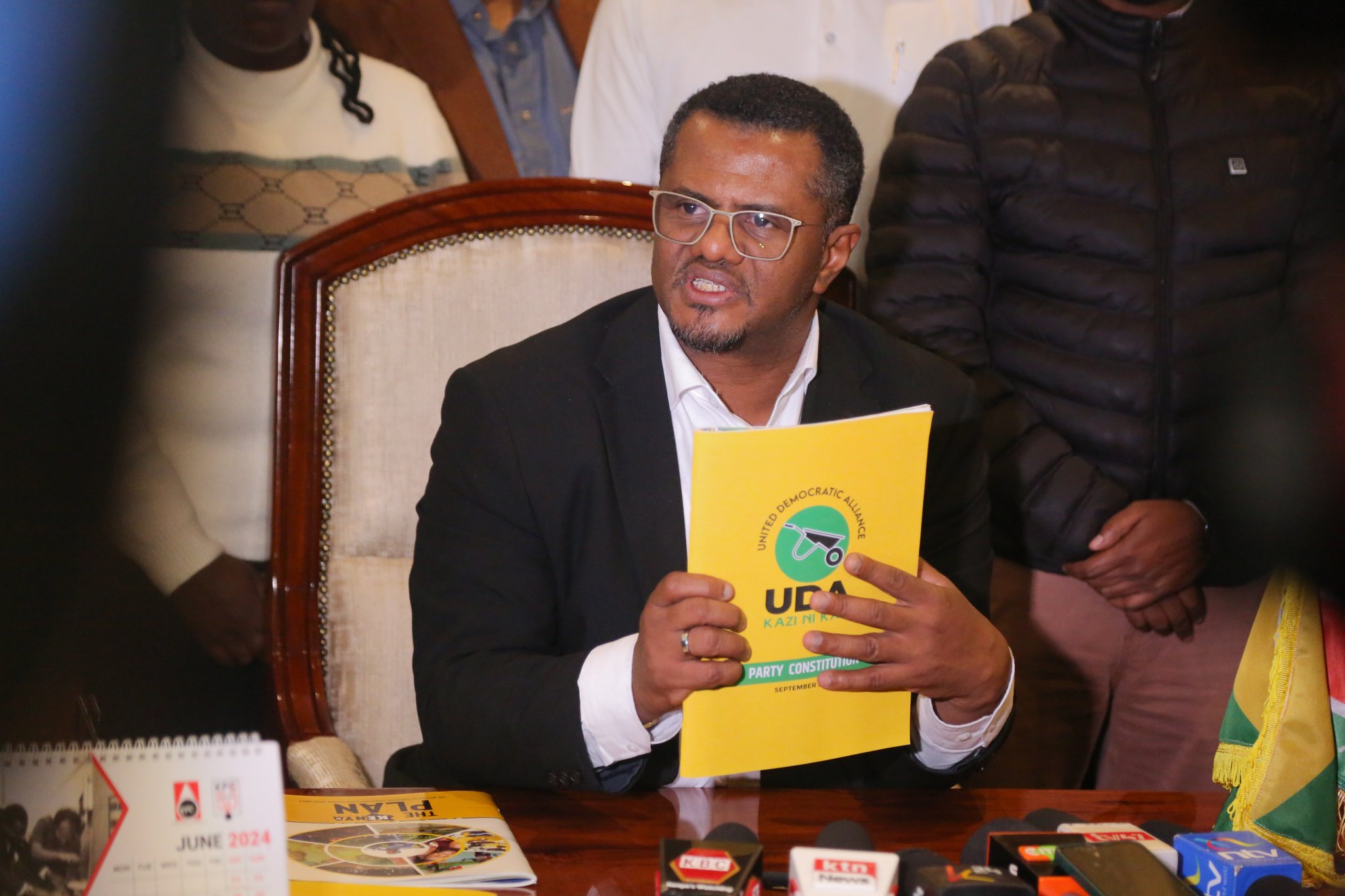
The United Democratic Alliance (UDA) has countered former President Uhuru Kenyatta’s claims that his administration’s Linda Mama programme was superior to the Ruto government’s expanded Linda Jamii initiative, arguing that the facts present a different picture.
In a statement issued Saturday, UDA Secretary General Hassan Omar said the comparison by the retired Head of State did not fully acknowledge the improvements introduced under President William Ruto’s leadership.
“Linda Jamii is ahead in terms of scope, quality, and inclusivity,” Omar said, noting that the former President’s comments overlooked the programme’s expanded benefits.
According to UDA, Linda Jamii, managed under the one-year-old Social Health Authority (SHA), provides comprehensive household maternity and health coverage that extends beyond what Linda Mama offered.
The party highlighted key distinctions between the programmes. Linda Jamii caters to the mother, newborn baby, spouse, and children, whereas Linda Mama covered only the mother.
The new initiative covers antenatal, delivery, and post-natal services, while Linda Mama focused solely on delivery.
It also pays for health complications affecting both mother and baby, including Intensive Care Unit (ICU) and High Dependency Unit (HDU) services, while Linda Mama limited beneficiaries to ordinary ward care.
Payment rates under Linda Jamii reflect the cost of quality healthcare, with normal delivery set at Sh10,000—double the amount under Linda Mama—and up to Sh30,000 in Level 6 hospitals. Caesarean sections attract Sh34,200 for a three-day hospital stay, nearly double the Sh17,500 previously offered.
“SHA is truly universal, unlike the 57-year-old NHIF, which mainly served those in employment or able to contribute. It is not a direct comparison,” Omar added.
Omar also addressed Uhuru’s record on infrastructure, noting unfinished projects and pending payments. “When he left office, the government had Sh1.1 trillion in pending road bills covering 1,300km. Sh700 billion of this was tied to tenders, while the remainder involved stalled road projects,” he said.
He explained that the Kenya Kwanza government has introduced new, sustainable approaches to road construction without relying heavily on borrowing, including utilising part of the Road Maintenance Levy Fund.
“This government is pursuing infrastructure development with prudence, accountability, and sustainability,” Omar said, stressing that Ruto’s administration has expanded and enhanced service delivery in key sectors.








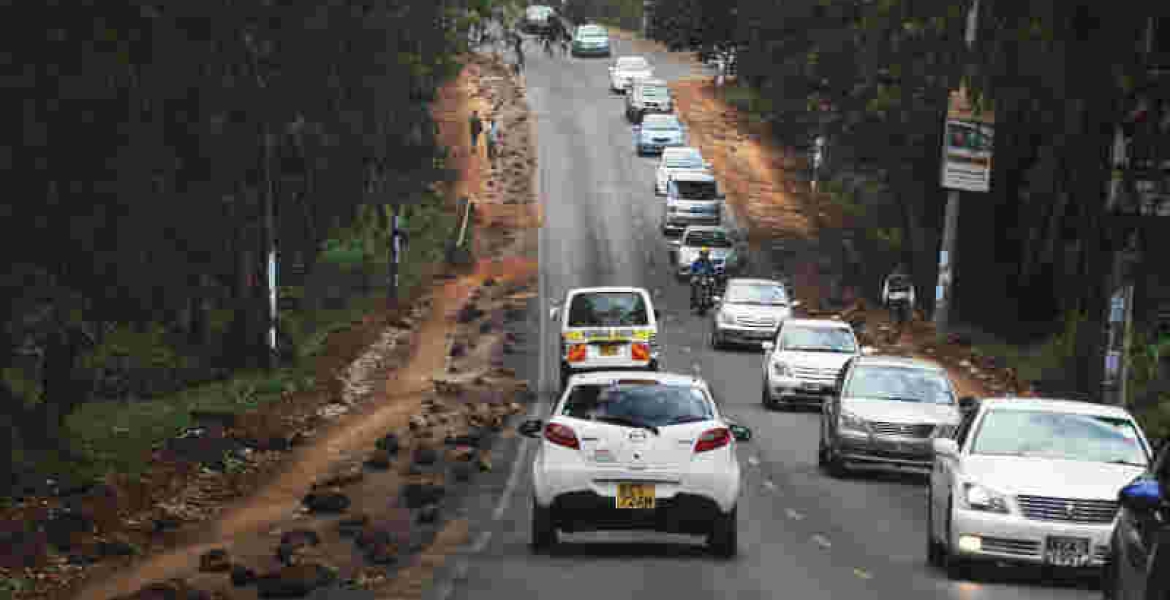

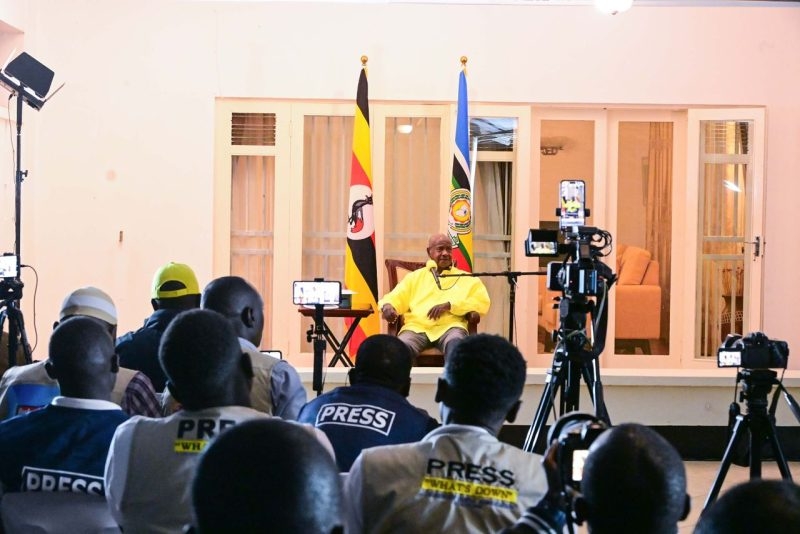


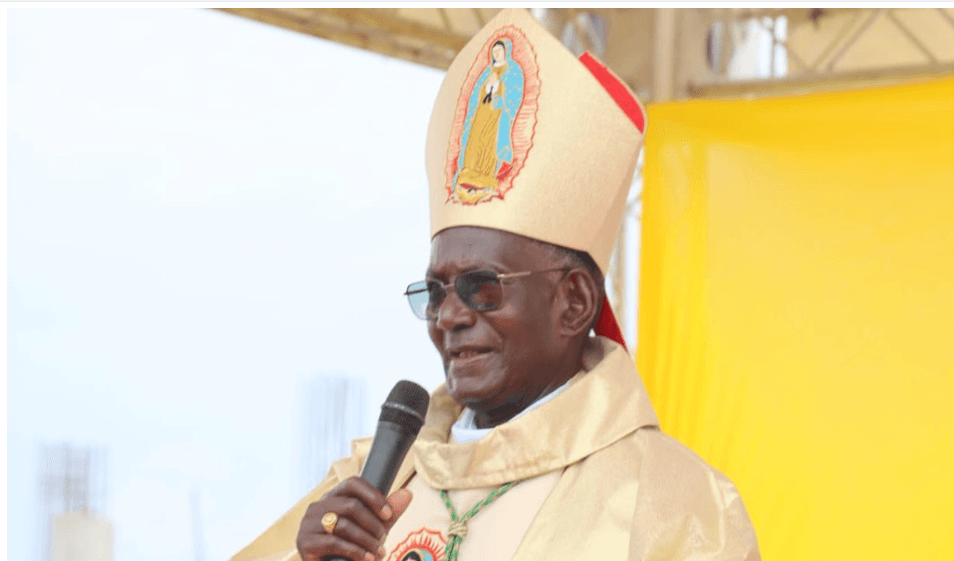




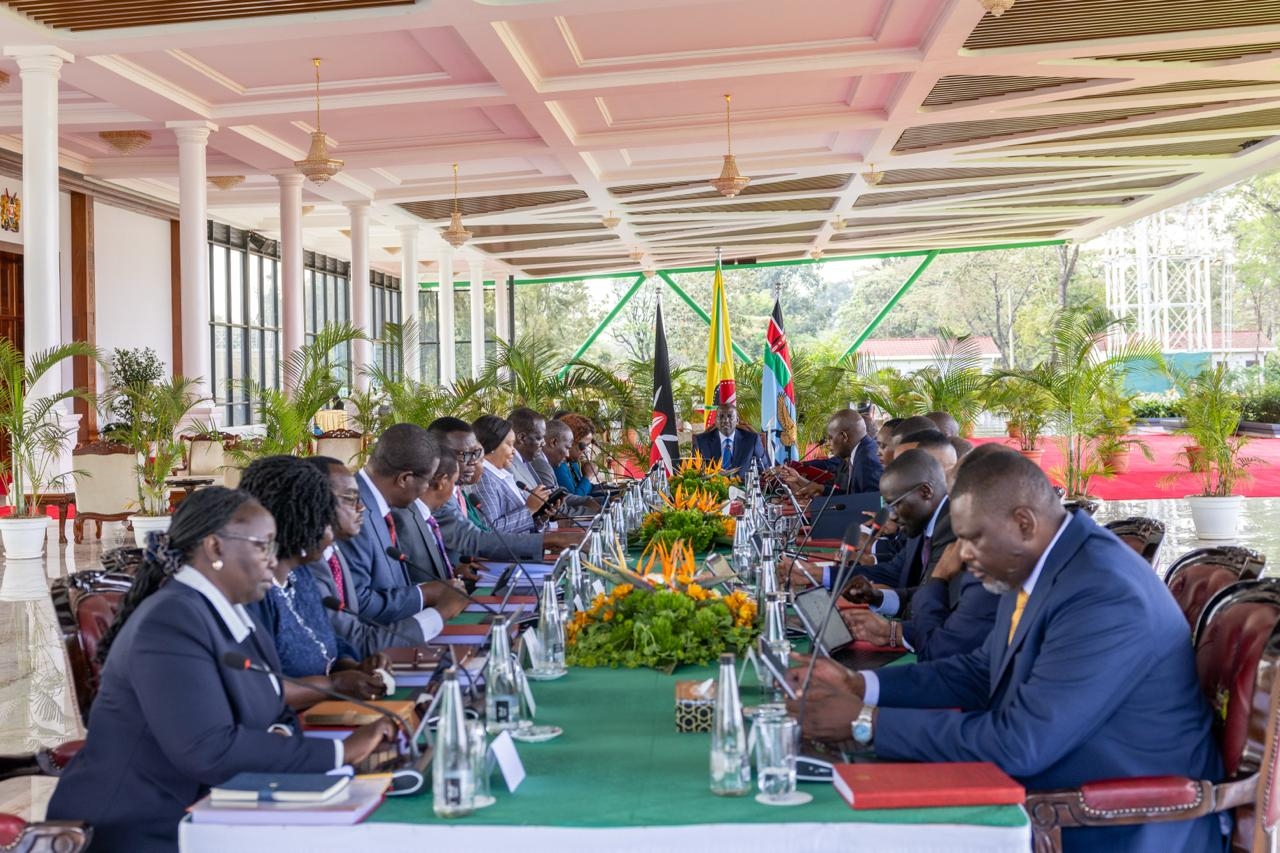
![[PHOTOS] Gor fans march to Bondo to honour Raila](/_next/image?url=https%3A%2F%2Fcdn.radioafrica.digital%2Fimage%2F2025%2F11%2F753aaa26-999c-40fe-bf2e-409fc6282745.jpeg&w=3840&q=100)
